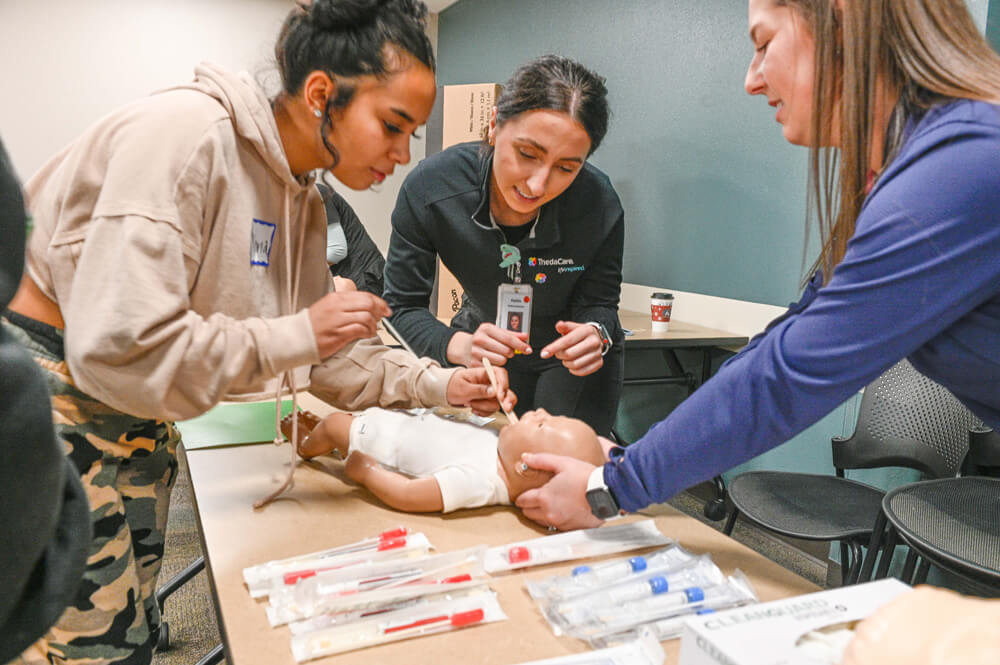Young Adults
Young adulthood is a period of significant transition, marked by newfound independence, academic pursuits, career exploration, and personal growth. During this transformative phase, prioritizing mental health becomes crucial for navigating challenges, maintaining well-being, and building a foundation for a fulfilling future. This guide explores common mental health issues among young adults, signs to watch for, and strategies to promote mental wellness.
Understanding Mental Health in Young Adults
Importance of Mental Health
Mental health plays a pivotal role in various aspects of young adulthood:
- Academic and Career Success:
A healthy mind supports concentration, motivation, and achievement in academic and professional endeavors.
- Relationships:
Positive mental health fosters healthy relationships with peers, friends, and romantic partners.
- Personal Growth:
Emotional well-being enables effective decision-making, resilience, and self-discovery.
Common Mental Health Issues in Young Adults
Young adults may encounter a range of mental health challenges, including:
- Anxiety Disorders:
A healthy mind supports concentration, motivation, and achievement in academic and professional endeavors.
- Depression:
Positive mental health fosters healthy relationships with peers, friends, and romantic partners.
- Stress and Burnout:
Academic pressure, career uncertainty, or financial stress.
- Substance Use Disorders:
Misuse of alcohol, drugs, or other substances.
- Eating Disorders:
Distorted body image and unhealthy eating habits.
Recognizing Signs of Mental Health Issues
Behavioral Changes
- Social Withdrawal:
Avoiding social activities or withdrawing from relationships.
- Changes in Sleep Patterns:
Insomnia or excessive sleep.
- Irritability and Aggression:
Unexplained anger or irritability.
Emotional and Cognitive Signs
- Persistent Sadness or Mood Swings:
Feeling down or experiencing extreme highs and lows.
- Difficulty Concentrating:
Trouble focusing, making decisions, or completing tasks.
- Low Self-Esteem:
Negative self-perception or feelings of worthlessness.
Physical Symptoms
- Fatigue:
Persistent tiredness or lack of energy.
- Physical Aches and Pains:
Headaches, stomachaches, or muscle tension without a clear medical cause.
Strategies to Promote Mental Wellness
Cultivate Healthy Habits
- Balanced Diet:
Nourish your body with nutritious foods to support brain function and mood stability.
- Regular Exercise:
Engage in physical activity to reduce stress, improve mood, and boost energy levels.
- Adequate Sleep:
Establish a consistent sleep routine to enhance cognitive function and emotional resilience.
Manage Stress Effectively
- Stress-Relief Techniques:
Practice mindfulness, deep breathing exercises, or yoga to alleviate stress and promote relaxation.
- Time Management:
Prioritize tasks, set realistic goals, and allocate time for self-care and leisure activities.
Build Supportive Relationships
- Social Connections:
Cultivate friendships and seek support from peers who uplift and encourage you.
- Family Support:
Maintain open communication with family members who provide emotional support and understanding.
Seek Professional Support
- Therapy and Counseling:
Consult mental health professionals for guidance, assessments, and therapy sessions tailored to your needs.
- Psychiatric Care:
Consider medication management if prescribed by a healthcare provider for conditions like anxiety or depression.
Resources for Young Adults
Educational Resources
- Online Platforms:
Access credible websites and resources such as the National Institute of Mental Health (NIMH) or Psycom.net for information on mental health topics.
- Books and Articles:
Read literature that addresses mental health issues specific to young adults and strategies for coping and thriving.
Support Networks
- Support Groups:
Join local or online support groups for young adults to share experiences, gain insights, and receive peer support.
- Community Centers:
Attend workshops, seminars, or wellness programs offered by community centers or universities.li>
Navigating mental health challenges during young adulthood is a significant aspect of personal growth and well-being. By recognizing the signs of mental health issues, adopting healthy habits, building supportive relationships, and seeking professional help when needed, young adults can prioritize their mental wellness and thrive in various aspects of life. Remember, taking proactive steps towards mental health care empowers you to cultivate resilience, achieve goals, and lead a fulfilling life.
Navigating mental health challenges during young adulthood is a significant aspect of personal growth and well-being. By recognizing the signs of mental health issues, adopting healthy habits, building supportive relationships, and seeking professional help when needed, young adults can prioritize their mental wellness and thrive in various aspects of life. Remember, taking proactive steps towards mental health care empowers you to cultivate resilience, achieve goals, and lead a fulfilling life.
